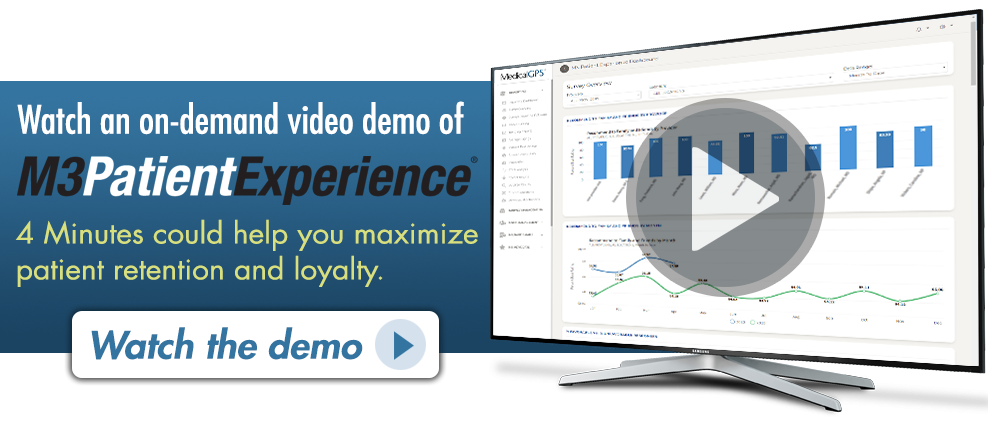How to Set and Meet Patient Expectations. Physicians today have an enormous amount on their plates and there does not seem to be any relief in sight. Meeting patients’ expectations is just one of the many challenges they face throughout their workday.
Physicians today have an enormous amount on their plates and there does not seem to be any relief in sight. Meeting patients’ expectations is just one of the many challenges they face throughout their workday.
Most patients arrive at a consultation with pre-conceived expectations regarding their care and treatment. Often patients do not (or cannot) make their expectations clear to their health care team. Understanding patient expectations and determining whether or not they are achievable is key to unlocking a positive patient experience. In fact, research has demonstrated that the most significant predictors of overall patient satisfaction were patient-reported experiences and fulfillment of expectations.
Likewise, unmet expectations can quickly lead to low satisfaction, confusion, resentment, and even poor outcomes. Understanding patient’s expectations, determining whether they are achievable, and managing them appropriately is critical for a positive patient experience.
Accessibility
Patients today live in an “on-demand” world. They have grown accustomed to services such as Amazon, Facebook, and Netflix where they can instantaneously make transactions and order services online. Immediacy has shifted the mindset of consumers who now expect this same level of accessibility from every industry. Patient expectations have changed, and healthcare organizations and practices that are not able to meet this demand will struggle to remain competitive. For example, according to a survey by Accenture, 77% of patients believe the ability to book, change, or cancel appointments online is important.
Medical practices that offer online scheduling, while providing expanded options such as weekend and evening appointments, are more likely to succeed in this consumer-driven market. Utilizing a practice website for educational purposes, communication, and scheduling can be effective and efficient. Allowing patients the ability to print and complete required forms before a visit, or request prescription refills, saves time for everyone. Today, patients are expecting this level of accessibility from their healthcare providers, and most will likely go elsewhere if their expectations go unmet.
Build Great Relationships
It goes without saying that great relationships are the foundation of any successful practice. It is less likely for a patient to file litigation against a healthcare provider that they respect and like, rather than someone they view with indifference. Greeting patients warmly and treating them with courtesy, respect, and empathy will help a practice build strong relationships. Providing service excellence is not only the responsibility of the provider but the entire office staff. When physicians, administrators, and other leadership exhibit a demeanor of service excellence, a culture of service excellence permeates the entire organization.
Communication
Effective communication and shared decision making are key components of a patient’s experience. Utilizing shared decision-making is also a highly regarded approach where the physician, the patient, as well as family members and/or close friends make decisions together on behalf of the patient. Patients want to be involved in understanding their diagnosis and making decisions about their care. Engaging with patients to encourage more involvement and share their preferences through shared decision making has been shown to improve patient satisfaction and health outcomes. Additionally, by asking open-ended questions providers and staff members can better understand the patient’s needs and what the patient is expecting from their visit.
One study found asking patients whether there was “something else” to discuss instead of “anything else” reduced the number of unmet concerns by almost 80 percent. Other open-ended questions providers and staff members may ask include:
- What would you like to cover in your visit today?
- What do you think of the plan we have discussed today?
- Is there anything that you do not understand; have we explained everything clearly to you?
- Is there anything we have not addressed today, that you would like to discuss?
- Is there something else you would like to discuss?
Knowledge is power. When asked the right questions, patients are more likely to share their concerns. It’s only after the care team clearly understands the patient’s concerns and expectations that those concerns and expectations can be met.


